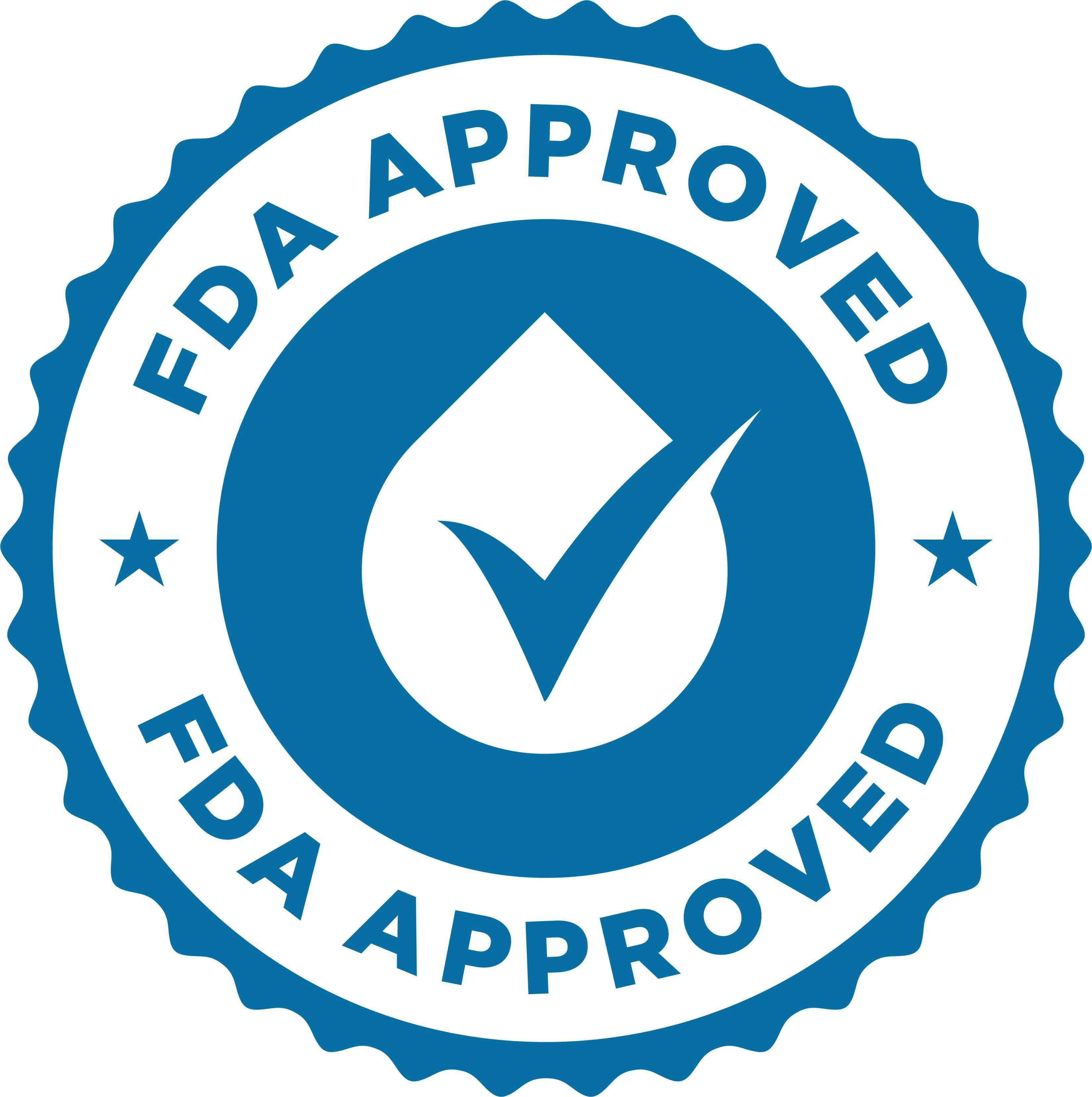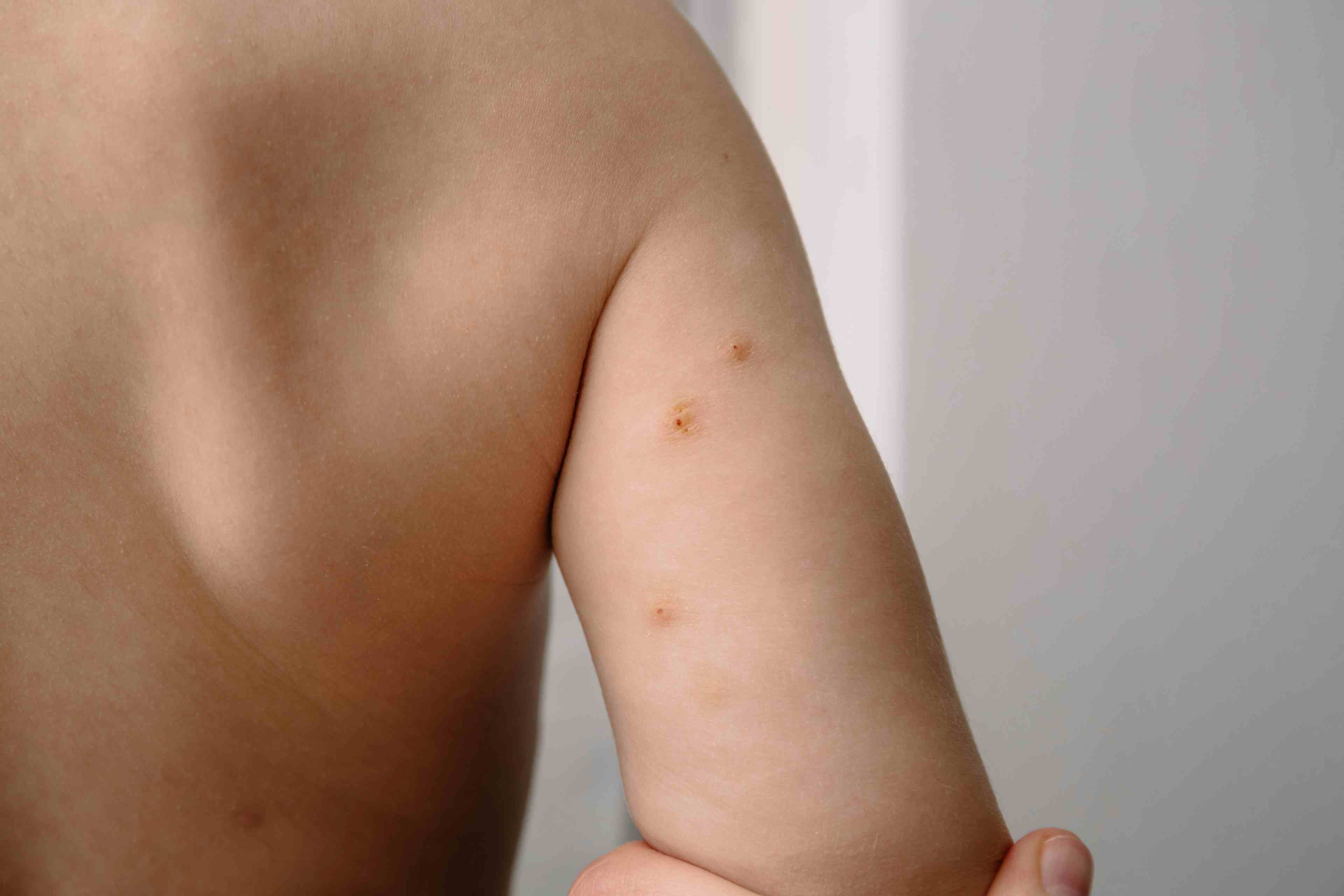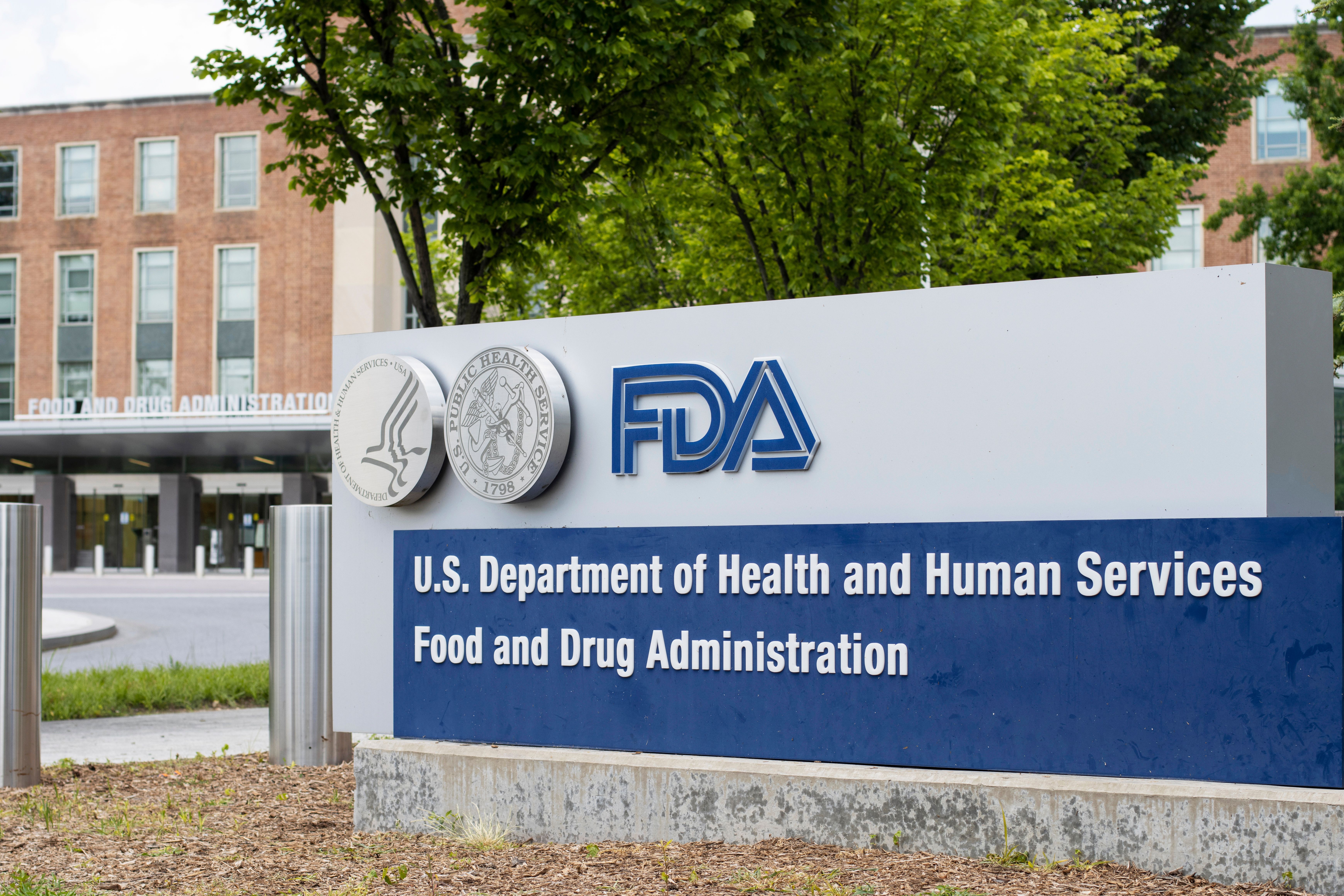- Acne
- Actinic Keratosis
- Aesthetics
- Alopecia
- Atopic Dermatitis
- Buy-and-Bill
- COVID-19
- Case-Based Roundtable
- Chronic Hand Eczema
- Chronic Spontaneous Urticaria
- Drug Watch
- Eczema
- General Dermatology
- Hidradenitis Suppurativa
- Melasma
- NP and PA
- Pediatric Dermatology
- Pigmentary Disorders
- Practice Management
- Precision Medicine and Biologics
- Prurigo Nodularis
- Psoriasis
- Psoriatic Arthritis
- Rare Disease
- Rosacea
- Skin Cancer
- Vitiligo
- Wound Care
Article
Phase 2b Trial of Topical Isotretinoin for CI Reaches 50% Enrollment
Author(s):
Timber Pharmaceuticals's phase 2b trial of isotretinoin for congenital ichthyosis (CI) has reached 50% enrollment.
Topical formulation could equal the efficacy of oral isotretinoin with a reduced risk of adverse effects.
Timber Pharmaceuticals has randomized 50% of patients for the Phase 2b CONTROL study (NCT04154293), according to the company’s press release.1 The study will examine the use of TMB-001 (topical isotretinoin) in patients with moderate to severe congenital ichthyosis (CI) and focuses on X-linked ichthyosis and lamellar ichthyosis. Target enrollment is 45 patients aged nine years and older. CI is a group of keratinization disorders that cause dry, thickened and scaling skin. The condition often manifests at birth.
“Oral isotretinoin has been used off-label to treat CI for decades,” says Alan Mendelsohn, MD, EVP and Chief Medical Officer at Timber Pharmaceuticals, Basking Ridge, New Jersey. “It is the only drug that has been shown to be effective through large, well-controlled clinical studies that date back to the early 1980’s. The issue with oral isotretinoin relates to safety - whereas in acne most patients can see a dramatic improvement with a short-term course of treatment at 1mg/kg/day, in CI potentially higher doses with more diffuse application are needed.”
Mendelsohn believes that by delivering adequate concentrations of isotretinoin locally, it will be possible to replicate the documented efficacy of the treatment without the safety issues of oral isotretinoin.
“The mainstays of treatment have been hydration and lubrication of the skin [such as bathing with lubricating oils, lubricating ointments] while also adding agents that are keratinolytic, i.e. temporarily remove the thickened skin [such as salicylic acid, propylene glycol, urea]. These treatments, however, relieve symptoms but do not treat the underlying conditions of increased keratinization of the skin,” says Mendelsohn.
The study’s ability to attract participants reflects the need for treatment options, he notes. Due to the coronavirus disease 2019 (COVID-19) pandemic, travel to study sites was complicated. “By introducing telemedicine and at-home photography, patients already enrolled could at least be examined remotely for changes in their skin,” says Mendelsohn.
He anticipates reviewing a full data set internally in the third quarter of 2021, with a conference with the FDA late in the fourth quarter to discuss moving on to a full phase 3 trial if results so warrant.
Reference:
1. Timber Pharmaceuticals Announces 50% Enrollment in Phase 2b CONTROL Study in Congenital Ichthyosis. Timber Pharmaceuticals. https://www.newmediawire.com/news/timber-pharmaceuticals-announces-50-enrollment-in-phase-2b-control-study-in-congenital-ichthyosis-5216441
Newsletter
Like what you’re reading? Subscribe to Dermatology Times for weekly updates on therapies, innovations, and real-world practice tips.















